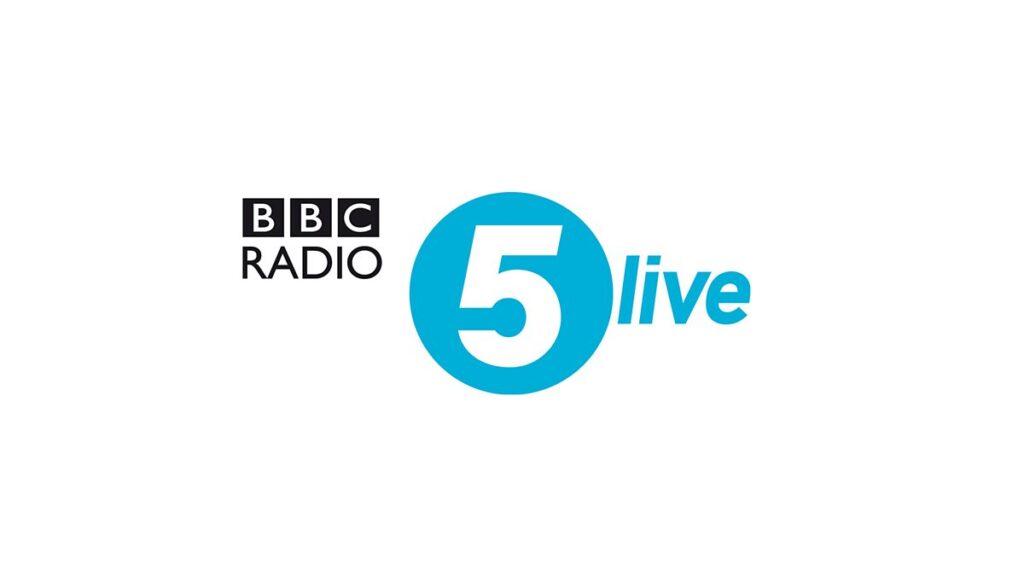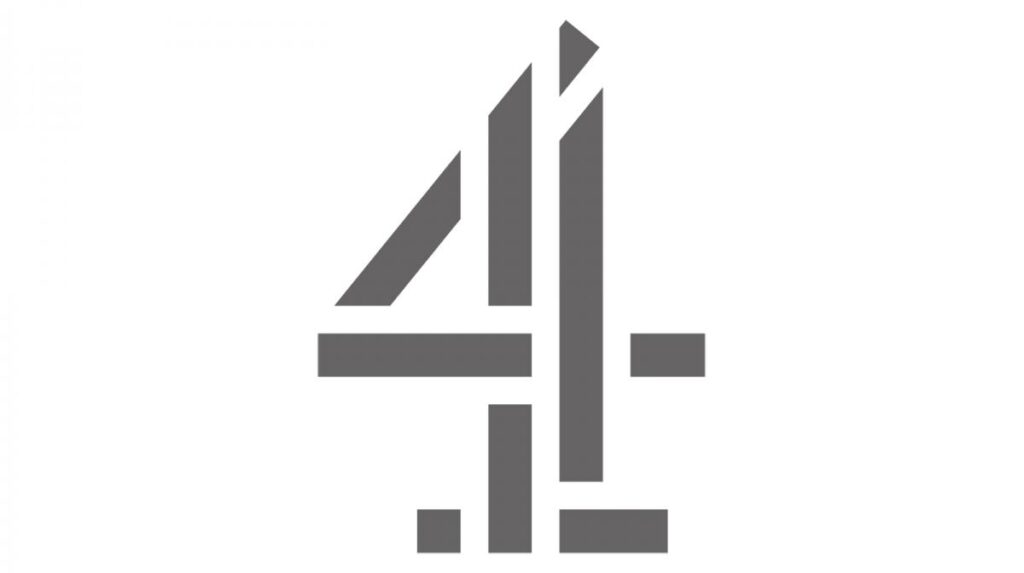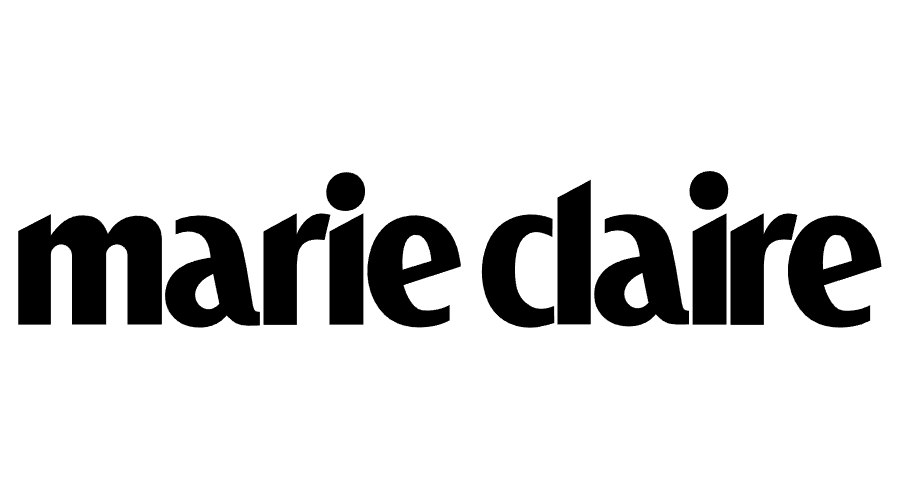Who Is Suitable For Ear Reconstructive Surgery?
For those who wish to improve the appearance of their ears. Those with split ear lobes; those with excess lobules and anyone with ears that stick out too much or have not developed fully could consider corrective surgery.
Who Is It Not Suitable For?
Anyone who has been influenced by others to undergo cosmetic surgery is not regarded as suitable candidate. Those with a significant medical history will be asked to disclose this during the consultation. It’s also not suitable for those who smoke or have unrealistic expectations about the surgery.
How Much Does Ear Corrective Surgery Cost?
After a consultation if the surgeon thinks you are suitable for ear corrective surgery you will be given a quote for the surgeon, hospital and anaesthetic fees. Overall, the otoplasty cost will depend mainly on the discussion that you have during your consultation and your personal circumstances.
What To Expect During Your Consultation?
The success of the consultation depends on your openness and honesty in relation to what troubles you and your expectations of surgery. You will be asked questions about your health, desires and lifestyle. Different operations can be tailored to your needs and the potential outcomes and the risks and complications will be discussed with you. A consultation regarding the risks and limitations of surgery will help you to choose a procedure that will meet with your expectations.
Preparing For Ear Corrective Surgery
The majority of corrective ear procedures may be carried out under local anaesthetic. Your health is a prime importance and any cosmetic surgery should be postponed if you are unwell for any reason. It is important that if anything changes with your health that you make contact with us. You should ideally stop smoking 6 weeks prior to surgery and stop taking aspirin, anti-inflammatory drugs and herbal supplements before surgery. You may need preoperative tests prior to surgery, which we will arrange if required. You will generally experience discomfort following the surgery and should aim to be off work for at least 1 week depending on the type of work you do.
The Otoplasty Procedure
Ear corrective surgery usually takes between 0.5 and 1.5 hours and can be performed under local anaesthetic. The surgery requires incisions that are dictated by what you require. For split earlobes the incisions are placed in the area of the split ear lobes. For ear lobe reduction the scars are placed at the join of the ear and the cheek/neck and for ears that are prominent the incisions are placed behind the ear.
In prominent ear correction the skin is lifted from the underlying cartilage and then the cartilage is altered. It may be necessary to incise or remove cartilage although this is uncommon. The cartilage is often altered and repositioned using sutures. A new fold may need to be created and often the ear cartilage needs to be repositioned onto the bone to give a better appearance. In all cases the skin is closed using permanent sutures that need to be removed at a week.
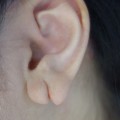
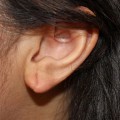
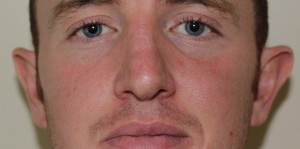
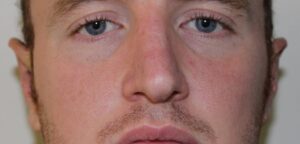
After Surgery
You will feel swollen and have discomfort that will usually require analgesia. You may need to wear a headband day and night for 4-6 weeks depending on the surgery that has been carried out.
You may be able to go home on the same day and should keep the wounds dry for the next week. You should arrange for someone to pick you up following surgery and have some support at home on discharge. You will be reviewed in clinic and the wounds checked at a week. You should avoid any strenuous exercise in the first week and should avoid contact. You will be able to resume light exercises after a week and normal exercise by 2-3 weeks although you should avoid any contact sports for 6 weeks. You should begin massage the scar once healed.
Risks And Complications
The vast majority of patients are delighted with the procedure although common early complaints include change in sensation, bruising, swelling and there is often a slight difference between the two sides. Uncommon early complications include infection, haematoma, delayed healing, skin necrosis and thickened scar.
The otoplasty scars following corrective ear surgery can be red for a number of weeks / months after surgery and it can take some time before the scars start turning pink / purple and then start fading into a white line which is normal in your otoplasty recovery process. It is unusual to develop abnormal scars and unusual to have irregularities requiring scar revision. For prominent ear correction the internal stitches can loosen over time and there can be recurrence of the prominent ears although this is usually easily correctable.










